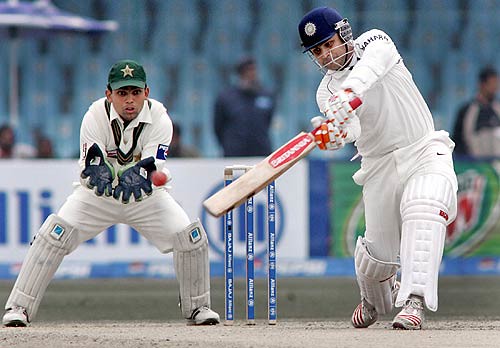Current Dynamics of India-Pakistan Relations

Introduction
The relationship between India and Pakistan is one of the most enduring and complex issues in contemporary geopolitics. Following their independence in 1947, the two nations have been embroiled in several conflicts, primarily centered around territorial disputes and terrorism. As both countries navigate their post-colonial identities, the tension remains palpable and highly relevant to global stability.
Historical Context
India and Pakistan’s tumultuous history is rooted in the partition that divided British India into two nation-states. This division led to massive migrations and communal riots, festering animosities that contribute to ongoing conflicts. Over the decades, three major wars have been fought, and numerous skirmishes have erupted, notably over the Kashmir region, which both countries claim in full but control in part.
Recent Developments
In recent months, relations have further deteriorated due to cross-border terrorism allegations. Incidents like the Pulwama attack in 2019 and subsequent airstrikes have heightened military tensions. Recently, reports indicate that both nations are ramping up military preparedness, while diplomatic dialogues remain stagnant. The rise of nationalistic sentiments in both countries also complicates potential peace talks.
On the international stage, alignments are shifting as both India and Pakistan seek support from global powers. India’s growing defense and economic ties with the United States contrast sharply with Pakistan’s dependence on China for infrastructure investments and military hardware.
Conclusion
The future of India-Pakistan relations remains uncertain, with forecasts suggesting a continuation of the status quo—fragile peace punctuated by military skirmishes and limited diplomatic engagement. The implications for South Asia are significant, impacting everything from economic stability to regional cooperation on issues like climate change and trade. As global powers continue to engage with both nations, the hope for a peaceful resolution remains alive, though fragile, urging the need for continued attention and action from the international community.


